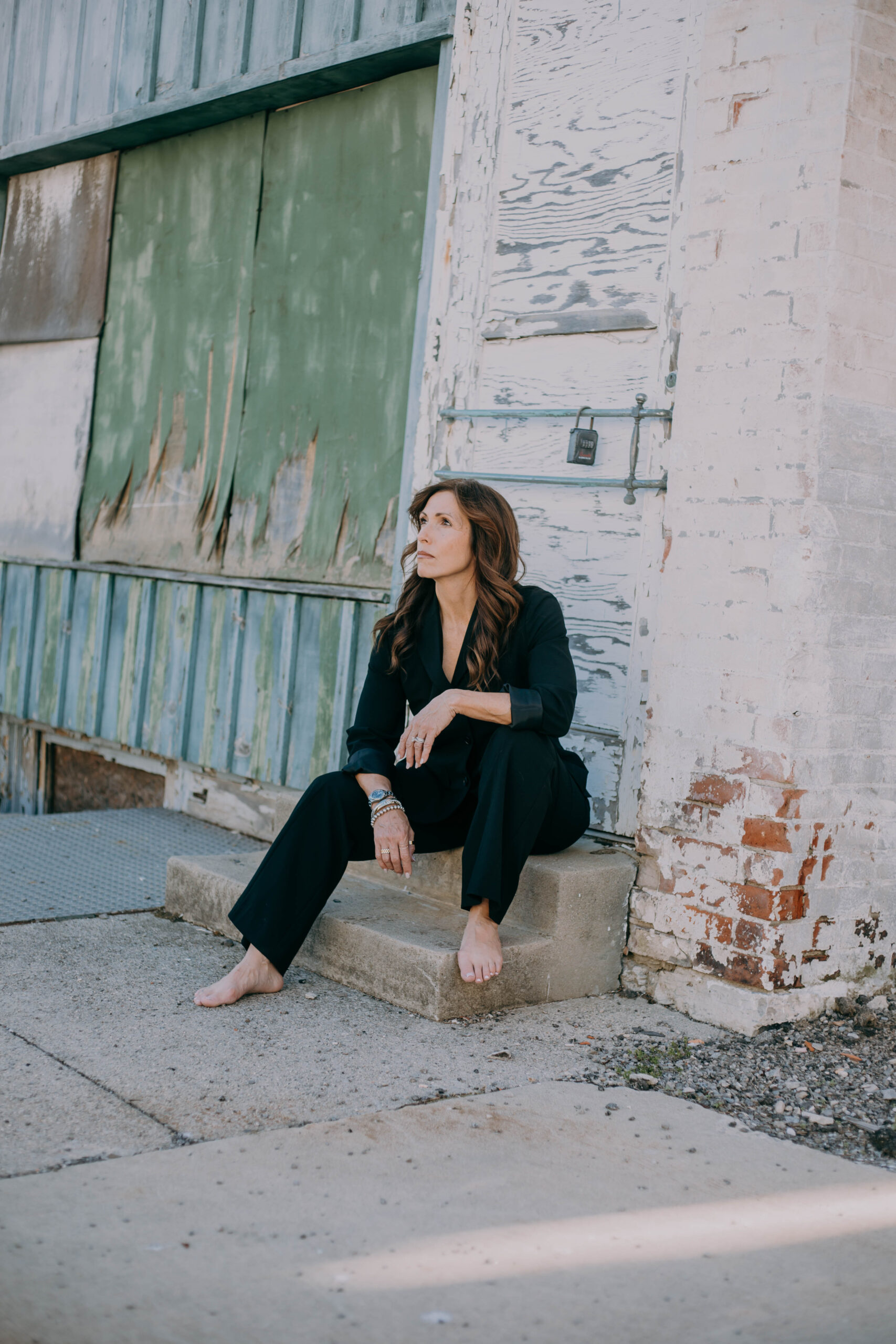Reclaim it.
Anxiety has its valid and clinical diagnosis. Let’s also talk about the deeply human idea of what anxiety can be – “imagination gone wrong.”
As a human being, you are unique in your ability to imagine. You can visualize a future, dream up stories, anticipate outcomes, and simulate events that haven’t yet happened. This ability helps you plan, innovate, empathize, and survive. It’s a powerful evolutionary advantage; but it has a dark side.
When imagination is functioning properly, it helps you prepare. You might imagine a job interview and rehearse responses to common questions. You might envision potential risks while driving in the rain and slow down accordingly. But when imagination spins out of control – when it detaches from proportion, reason, or evidence – it can trigger a cascade of fear and dread. That’s when imagination becomes anxiety.
At its core, anxiety is a future-focused fear. Unlike immediate fear, which arises in the face of real and present danger, anxiety thrives in the “what ifs.” What if I fail? What if they don’t like me? What if I lose everything?
These imagined scenarios feel real. In fact, so real that your body often responds as if the danger is already present. The heart races, muscles tense, the mind loops, and the nervous system goes into high alert. The threat exists only in the mind, but the body doesn’t know the difference. In fact, many health studies show ongoing anxiety can lead to insomnia, headaches, digestive issue and stomach problems, heart disease, inflammation, autoimmune issues, and chronic pain to name a few.
In this way, anxiety hijacks the imagination. It turns a gift into a torment.
The human brain tends to pay more attention to potential threats than positive outcomes. Why? Evolutionally, this helped our ancestors survive in a world where threats were real and often fatal. But in the modern world, where most threats are abstract (financial worries, social embarrassment, future uncertainty), this can backfire.
Instead of imagining what could go right, humans tend to dwell on what could go wrong. Instead of visualizing success, failure is simulated. Powerful, creative minds can become echo chambers of dread.
Anxiety may feel overwhelming, but it’s not a sign of weakness. It’s a sign of a mind doing what it was built to do – imagine. When that imagination runs wild with fear, anxiety takes over. But with awareness and practice, you can reclaim it, redirect it, and remind yourself that the future isn’t written yet.
If you can learn to harness imagination – not as a source of fear, but as a tool for insight, hope, and resilience – you can become the author of your own mental narratives again. The same imagination that feeds anxiety can also be used to heal it. Practices like mindfulness, guided visualization, and creative expression can all help redirect imagination toward more constructive ends.
- Mindfulness grounds you in the present moment, pulling you away from imagined futures.
- Guided visualization can help you intentionally imagine peaceful, empowering scenarios.
- Art and writing can transform anxious thoughts into meaningful expression.
Reclaiming imagination offers a sense of agency. It suggests that beneath the chaos is a powerful creative engine that simply needs direction.
To say that anxiety is “imagination gone wrong” is not to dismiss its seriousness. Anxiety can be debilitating, and in many cases, professional help and medical treatment are essential. However, reframing anxiety this way can begin to turn anxiety from a burden into opportunity.
Imagination, when used wisely, doesn’t have to be the cause of anxiety. It can be a cure.
Each week we try to correlate these Blog Posts with our weekly newsletter. In each you will also get a helpful Mindful Minute – this week, “Aspiration.” If you haven’t yet, enter your first name, email and click “yes, please” in the black box within the main Blog Page of this website to have these drop into your inbox each week.
For additional tips on mindful living and topics like this, follow me @livinghealthyin5fields on social media.

you said: